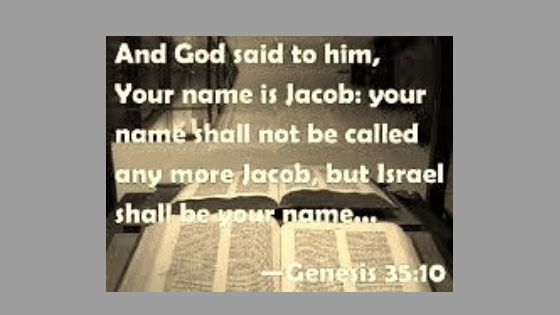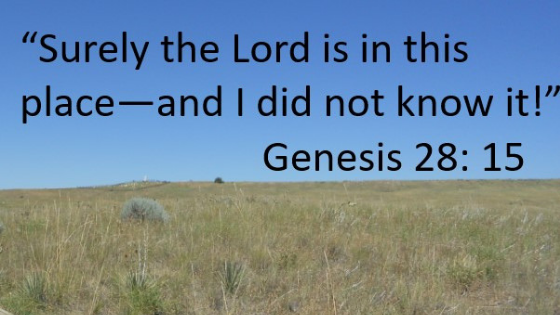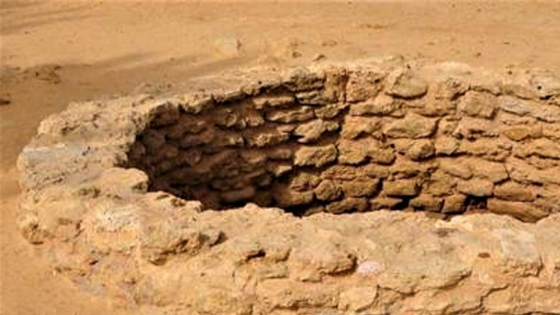
Shabbat Table Talk
Parashat Ki Tavo, Shabbat, September 9th 2017
Week of September 3rd- 9th
Torah portion: Dt. 26:1-29:8 Haftarah: Is. 60:1-22
Within this parashah we see an emphasis on the past, present and the future. The Israelites remembering that they were once slaves in Egypt are now about to cross the Jordan and are ready to embrace the life in the land promised to them. Having been saved by God’s outstretched arm, they move with great gratitude for the past and look forward in trust for what the future may bring. “I will take you to be my people, and I will be your God, and you shall know that I am the LORD, your God, who has brought you out from under the burdens of the Egyptians.” (Ex.6:7)
However glorious this moment was, there was still fear and trepidation as they are about to cross over. Both the past and future were unrealities, all they knew was the present reality and this was a period of great transition. Knowing the numerous hardships in the desert, the Israelites now entering the land experienced both deep joy and great anxiety.
In his last instruction, Moses reminded them, “This very day the Lord, your God is commanding you to observe these statutes and ordinances; so observe them diligently with all your heart and with all your soul. Today, you have obtained the Lord’s agreement to be your God and for you to walk in his ways.” (26:16-17) ‘This very day’ expresses the immediacy of their actions and this implies not just their mind and intellect but also their heart and soul. In doing this they will walk the path of God – the path of righteousness and holiness. In listening to the voice of God in all its manifestations, they acknowledged God’s presence and proclaimed to themselves and to the world that they are God’s treasure.
Entering this land implies that they will settle, cultivate the land and take care of it, thus it will be their home. They will face great challenges but the rewards too will be great for in the harvest time there will be great rejoicing and gratitude for it was God, not humanity that was the source of the land’s fertility.
Moses had instructed the Israelites that at this time of the harvest they were to make an annual pilgrimage to the central sanctuary and to bring the first fruits of the harvest and to thank God for the land’s bounty. A thanksgiving prayer was to be recited by the farmer which was an ancient confession of their faith whereby all their ancestors were remembered. In reciting this prayer they were reminded both of their personal and historical suffering as well as the fact that with God as their center they could overcome any difficulty. It will be a transformation of a landless and persecuted people into a numerous nation secure and at home in the land.
On reading the Women’s Torah Commentary, I was impressed with a three-step formula that Rabbi Nancy Wechsler put forth on entering the land or on beginning a new chapter in one’s life. She states, firstly, elevate your dreams (Dt. 26:2). Secondly, one needs to acknowledge the pain and the survival of that pain (Dt. 26:6-8). Lastly, let generosity extend from your happiness (Dt. 26:11).
In conclusion, “The future, the past and the present are woven together, making the basket the perfect symbol for the moment.” (Women’s Commentary 373)
For Reflection and Discussion: [1.] It would be of great benefit for us to periodically reexamine what we hold sacred in our life’s basket. [2.] Have you found a suitable way or manner in which to honor what you have learned through survival?
Bibliography: Etz Hayim, Torah and Commentary (New York, 2001); Adele Berlin and Marc Zvi Brettler, The Jewish Study Bible, (Oxford University Press 2014) Rabbi Elyse Goldstein, The Women’s Haftarah Commentary, (Woodstock,VT., 2004)
This week’s teaching commentary was prepared by
Rita Kammermayer, nds, BA, B.Ed, Masters of Pastoral Studies
Bat Kol alumni 2001, Jerusalem, Israel
ritakammermayer@netscape.net
Copyright 2017
……………………………………………………………
PLEASE NOTE: The weekly Parashah commentaries represent the research and creative thought of their authors, and are meant to stimulate deeper thinking about the meaning of the Scriptures. While they draw upon the study methods and sources employed by the Bat Kol Institute, the views and conclusions expressed in these commentaries are solely those of their authors, and do not necessarily represent the views of Bat Kol. The commentaries, along with all materials published on the Bat Kol website, are copyrighted by the writers, and are made available for personal and group study, and local church purposes. Permission needed for other purposes. Questions, comments and feedback are always welcome.
…..………………………………………………………
Bat Kol Institute for Jewish Studies, Jerusalem
~~1983-2017~~
“Christians Studying the Bible within its Jewish milieu, using Jewish Sources.”
Website: batkol.info Parashat Admin: gill@batkol.info



